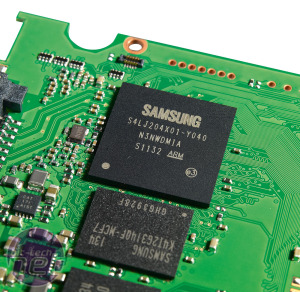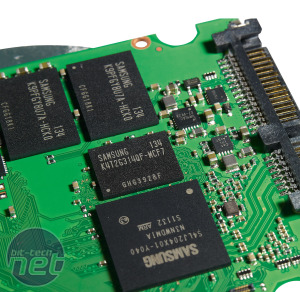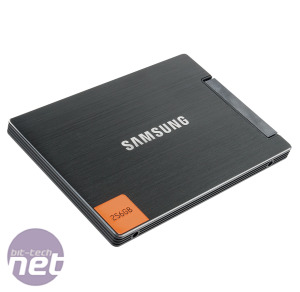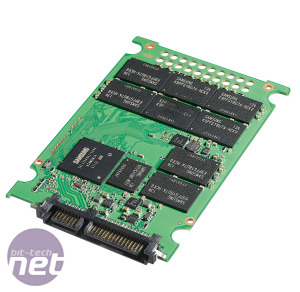
Samsung SSD 830 256GB Review
Manufacturer: SamsungUK Price (as reviewed): MSRP £350 (inc VAT)
US Price(as reviewed): TBC
Release date: Mid-October 2011
It's been a long while since we last cast our eyes over a Samsung SSD. In fact, it's been over two years since we last gazed upon an SSD made using the South Korean mega-corporation's wares. In that case, it was the Corsair-branded P256. However, despite its lack of recent activity in the land of consumer SSDs, Samsung's OEM SSD sales dwarf those of most SSD manufacturers, thanks to deals with both Apple and Sony, so the company is certainly fully experienced in the field.
The Samsung SSD 830 256GB represents a return to the consumer market, with Samsung looking to take on the competition with not just its own drive, but also its own unique drive controller. Rather than using a Marvell or SandForce chip, Samsung has developed its own drive controller chip, using a triple-core ARM9 design. The Samsung S4LJ204X01 chip is a conventional drive controller, similar to the Marvell 9174 controller found in the Crucial M4, so it doesn't make use of compression techniques in the same way as SandForce-based drives. Instead, data is written 1:1, which means that the Samsung 830 performs the same, regardless of the compression state of the data it handles.
Inside the svelte, brushed aluminium-look casing, only one side of the PCB has been used, with the 256GB of 20nm Samsung NAND spread across just eight 32GB NAND modules. The smaller production process (compared with the 25nm process currently used by Intel and Micron) should mean greater yields and lower prices once production is ramped up. Alongside the controller and NAND array, Samsung has also used a 256MB DDR2 cache chip to combat drive stuttering, in a similar style to that adopted by Marvell-based drives.


The Samsung S4LJ204X01 (catchy name) drive controller (left) and the 256MB DDR2 DRAM flash chip (right)
The most interesting aspect of this is that, unlike Intel, Crucial or OCZ's latest drives, the Samsung 830 is an entirely in-house creation. Samsung owns its own NAND production facilities and has its own drive controller engineers, giving Samsung complete control over the drive's performance and layout.
The 256GB version of the Samsung 830 boasts peak sequential read speeds of 520MB/sec and sequential write speeds of 400MB/sec; if true, this would place the Samsung 830 right on top of the SSD performance pile. This is especially true when it comes to write speeds; its nearest competitor when handling incompressible data is the Crucial M4 256GB's 285MB/sec.
However, SSDs are more than a fire-and-forget product, and need TRIM and garbage collection algorithms to maintain their performance over time. Happily, the Samsung 830 boasts both features, along with Samsung's excellent Magician software suite. This is similar to OCZ and Intel's SSD toolbox, and enables you to easily deploy firmware updates, securely erase the contents of the drive, or deploy TRIM manually if you're running an older OS. Samsung also includes a full copy of Norton Ghost with the drive so that you can easily transfer your old install to the SSD.

MSI MPG Velox 100R Chassis Review
October 14 2021 | 15:04










Want to comment? Please log in.